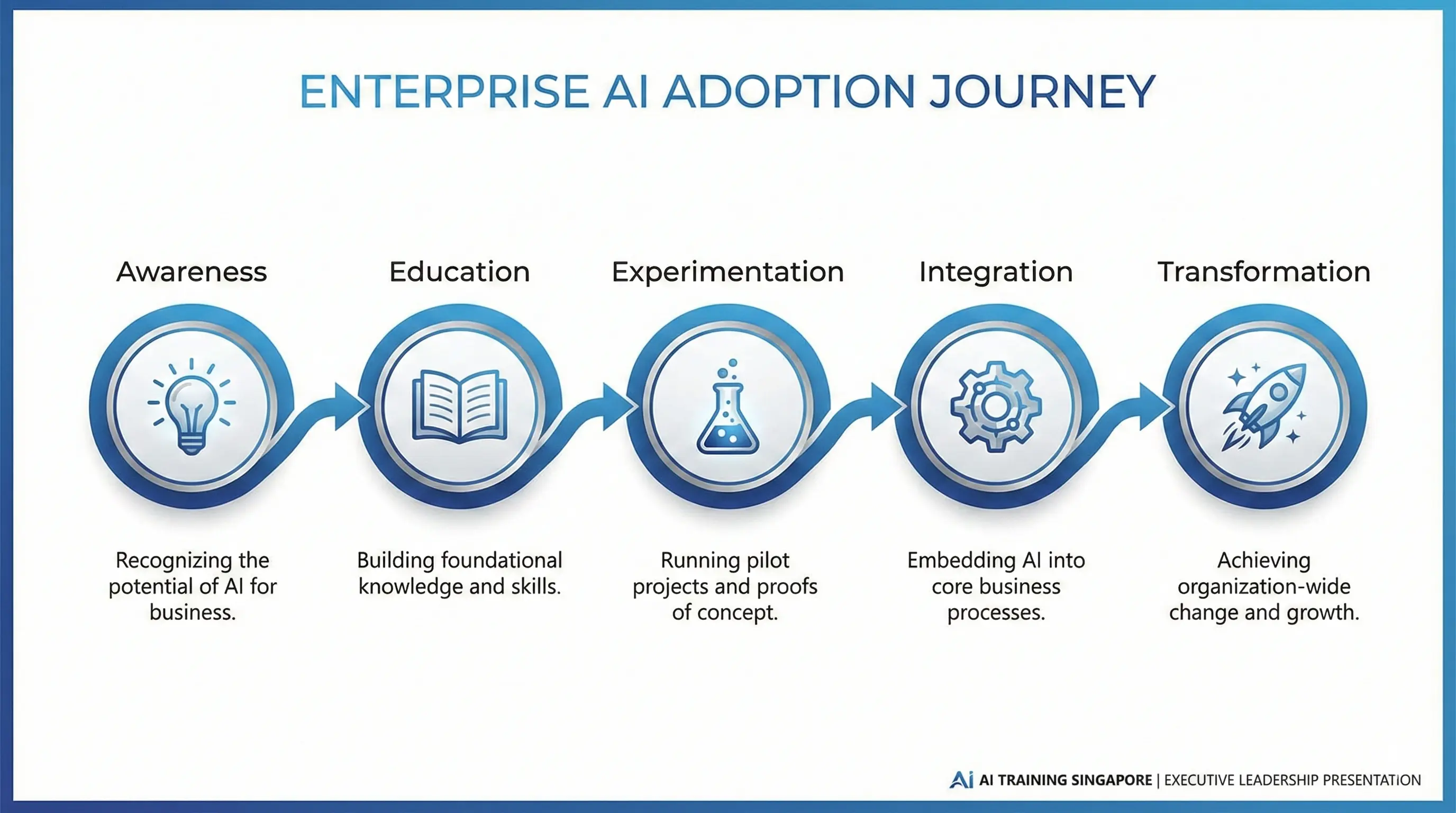In the ever-evolving world of branding, one principle has stood the test of time: stories sell, while facts merely tell. From the earliest cave paintings to modern-day advertising campaigns, storytelling has been humanity’s most powerful tool for communication, influence, and connection.
For brands—whether corporate, personal, or entrepreneurial—storytelling is not just a marketing tactic. It is the very essence of how people perceive and connect with you. And who better to learn this art from than leading branding keynote speakers, who dedicate their careers to unlocking the secrets of impactful storytelling?
In this blog, we’ll explore insights from top branding keynote speakers on brand storytelling—what it means, why it matters, and how you can master it.
Why Storytelling Matters in Branding
Every brand has products, services, or ideas to share. But what sets a memorable brand apart from a forgettable one is the story behind it. According to branding experts, storytelling:
Creates emotional engagement that facts alone cannot achieve
Humanizes a brand, making it relatable
Simplifies complex ideas into understandable narratives
Builds trust and loyalty through authenticity
Inspires action and advocacy
Consumers today are overwhelmed by information. They don’t just want features or statistics—they want meaning. A compelling brand story transforms a product into an experience and a company into a movement.
1. The Power of Authentic Narratives
Leading branding keynote speakers stress that authenticity is non-negotiable in storytelling. People don’t want overly polished, corporate-sounding scripts; they want real stories that reflect real values.
For instance, think of brands like Patagonia. Their stories about environmental responsibility resonate because they are deeply authentic. They live their mission, not just market it.
Speaker Insight: A keynote speaker will remind you that authenticity isn’t about perfection—it’s about being truthful and transparent. The cracks, struggles, and lessons learned often make stories more relatable than glossy success tales.
Takeaway: Share the real journey, not just the highlight reel.
2. Emotional Connection Over Information Overload
A brand story should move people, not drown them in data. Keynote speakers highlight that while statistics can support your credibility, emotions drive decisions.
Consider Nike’s “Just Do It” campaigns. They rarely focus on shoe specifications. Instead, they tell emotional stories of perseverance, triumph, and human spirit—stories that connect with people’s hearts, not just their minds.
Speaker Insight: A branding keynote speaker will teach you to identify the emotional core of your brand—whether it’s hope, innovation, empowerment, or belonging—and weave it into your narrative.
Takeaway: Lead with emotions, support with facts.
3. Structure Your Story Like a Journey
Great stories share a common structure: a beginning, a struggle, and a resolution. Leading branding keynote speakers often draw from timeless storytelling frameworks like the Hero’s Journey, which positions the customer—not the brand—as the hero.
In this model:
The customer faces a challenge (problem).
Your brand acts as the guide or mentor (solution).
Together, they overcome the challenge and achieve transformation.
Think of how Apple frames its brand story: they don’t just sell devices; they help people “think different” and unleash creativity.
Speaker Insight: The most effective stories are those in which the audience sees themselves as the hero. The brand is simply the enabler of their success.
Takeaway: Make your audience the protagonist of your story.
4. Consistency Across All Touchpoints
Keynote speakers emphasize that storytelling should not be a one-off campaign. Consistency is what makes your story believable.
If your brand tells a story of innovation but fails to innovate in customer service, the narrative collapses. Similarly, if you present yourself as a people-first brand but ignore community concerns, people notice the disconnect.
Speaker Insight: The strongest brands align their storytelling across every touchpoint—advertising, social media, events, customer interactions, and internal culture.
Takeaway: A story isn’t just told—it’s lived
5. Harness the Power of Visual and Digital Storytelling
Modern keynote speakers stress that today’s stories are told not only through words but also through visuals, videos, and digital platforms.
Instagram posts capture visual snippets of brand identity.
YouTube videos create immersive experiences.
Podcasts allow for deeper conversations.
Interactive websites let customers shape their own brand journeys.
For example, Coca-Cola’s “Share a Coke” campaign turned a product into a story of personal connection by printing names on bottles, encouraging people to share experiences online.
Speaker Insight: The digital era offers countless platforms to amplify storytelling—but the core message must remain consistent across them.
Takeaway: Use digital tools to extend, not dilute, your brand story.
6. Storytelling Builds Communities, Not Just Customers
Another powerful lesson from keynote speakers is that stories go beyond selling. They create communities of believers.
Think about brands like Tesla or Starbucks. Their customers are not just buyers; they are advocates who proudly share the brand story with others. This sense of belonging is the result of powerful storytelling.
Speaker Insight: Branding speakers highlight that stories must invite participation. When your audience feels like they are part of the story, they become loyal supporters and evangelists.
Takeaway: Tell stories that people want to share, not just consume.
7. Measuring the Impact of Storytelling
While storytelling may sound abstract, leading keynote speakers remind us that its impact can and should be measured. Key metrics include:
Engagement levels on social media
Brand recall and recognition
Customer loyalty and repeat business
Media mentions and word-of-mouth referrals
Speaker Insight: Great storytellers don’t just inspire; they drive measurable results. Storytelling should ultimately support business growth and brand equity.
Takeaway: Track the outcomes of your storytelling to refine and strengthen your brand narrative.
Why Branding Keynote Speakers Excel at Teaching Storytelling
Branding keynote speakers bring a unique perspective to storytelling because they:
Work with diverse industries and know what resonates across contexts
Share case studies of brands that succeeded or failed with storytelling
Offer actionable frameworks that can be adapted to personal or corporate branding
Inspire audiences with both strategy and motivation
Unlike generic advice, keynote speakers provide real-world tested methods that can be applied immediately.
Final Thoughts
Brand storytelling is more than a buzzword—it’s the heartbeat of branding. By embracing authenticity, focusing on emotional connections, structuring compelling journeys, and maintaining consistency, you can transform your brand into a story people not only remember but also share.
Leading branding keynote speakers remind us that storytelling isn’t about creating fiction—it’s about revealing truth in a way that resonates, inspires, and drives action.
And if you’re seeking the best expert to guide you, look no further than Jerome Joseph, the best Branding Keynote Speaker in Singapore. With his global expertise, engaging delivery, and practical insights, Jerome Joseph can help you harness the power of storytelling to elevate your brand and captivate your audience.
Explore more at jeromejoseph.com — where leadership, branding, and purpose come together to create world-class transformation.






